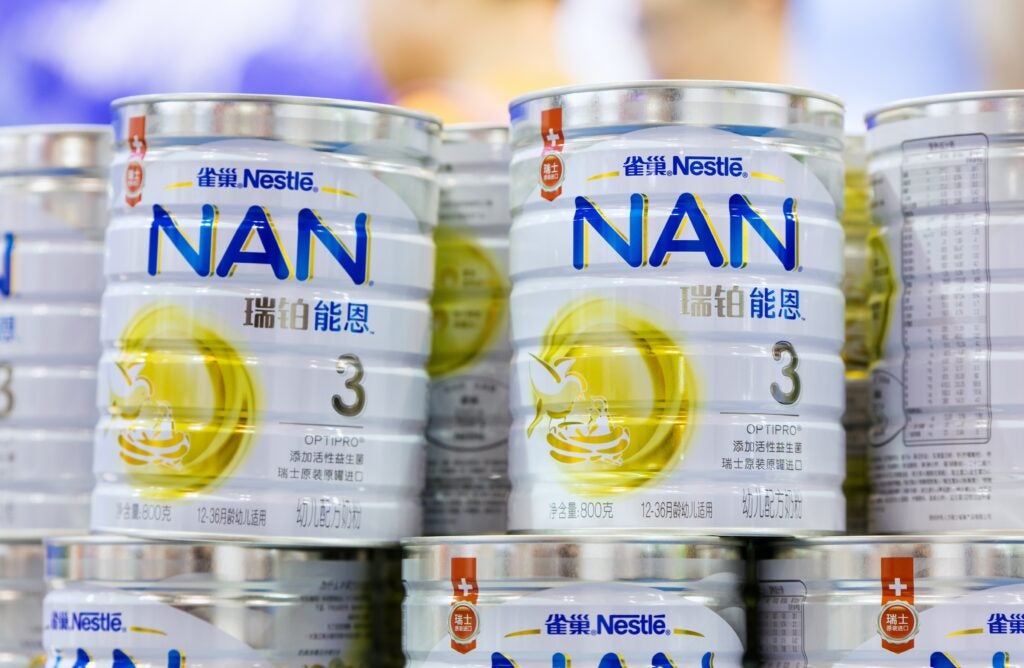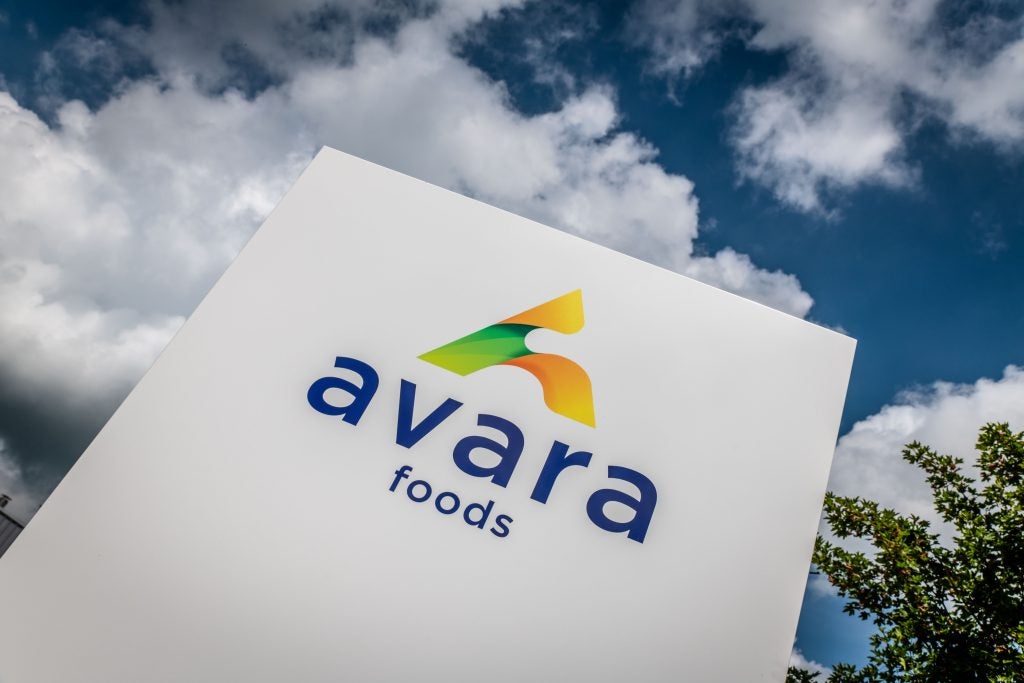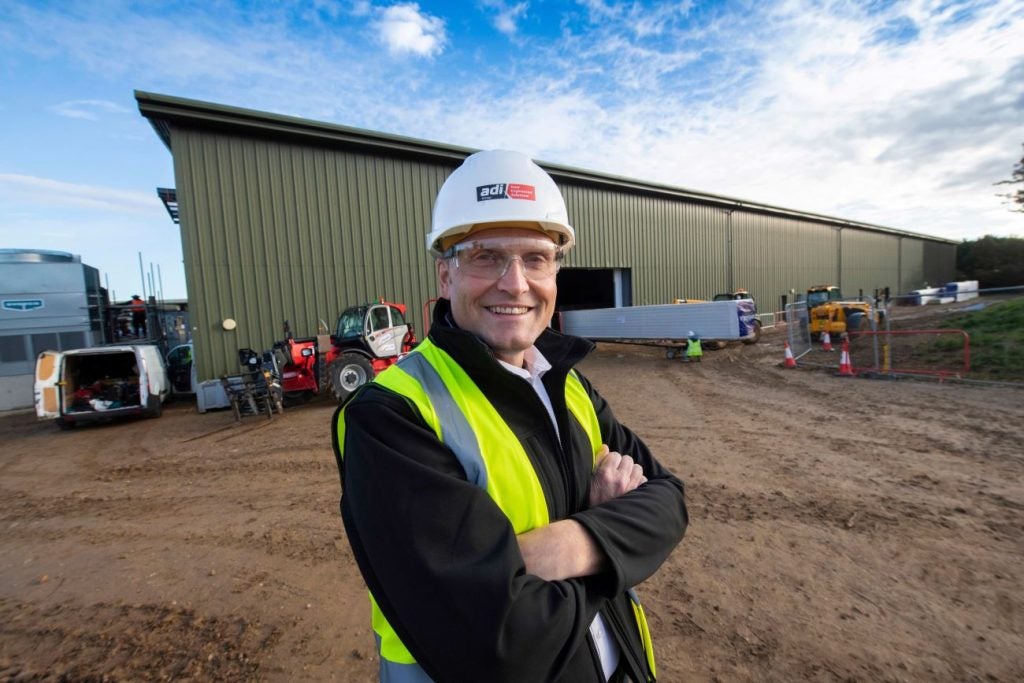UK-based sports nutrition company Science in Sport has announced CEO Stephen Moon is stepping down from his role.
In a post on LinkedIn, Moon said: “I had a life-changing accident earlier this year, closer to death than I would have liked. It made me re-evaluate my life goals.”
Moon remains employed, and on ‘garden leave’ during his notice period.
Chairman Dan Wright has been appointed as executive chairman.
Moon worked for PhD Nutrition brand owner Science in Sport since 2011.
He added: “Over my tenure, the business has grown from humble beginnings to a world-class manufacturing facility, with a global omnichannel presence underpinned by two market-leading brands.”
Wright thanked Moon for “the role he has played with the company for over a decade.”
“He has been instrumental in Science in Sport and PhD [the company’s brand] becoming leading sports nutrition brands, culminating in the completion of the world-class supply chain facility in Blackburn that is pivotal for the next phase of profitable growth,” Wright said.
Headquartered in London, Science in Sport manufactures nutrition products. Its portfolio includes two brands, PhD Nutrition and SiS.
The company sells through its own digital D2C platforms and third-party online sales including Amazon and Tmall. It also distributes its products in retail in the UK and internationally, “including major supermarkets, high street chains and specialist sports retailers”.
In April, Science in Sport announced it had taken the business off the market after completing a strategic review.
The company said it was “no longer in an offer period” after launching the review in September 2022 with the potential objective to sell the business or certain assets.
At the time, Science in Sport said it had faced a “challenging environment”, including supply-chain issues and rising raw materials costs.
















